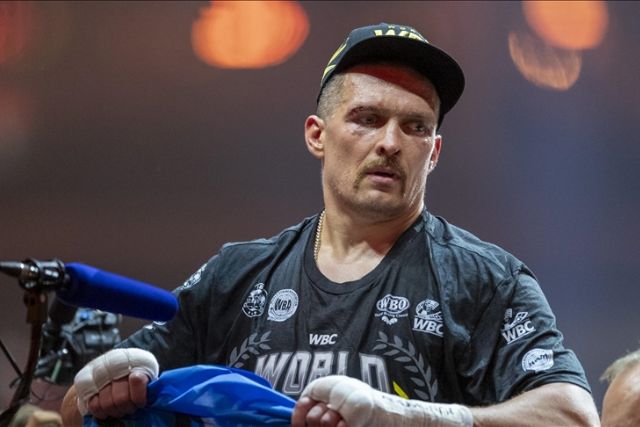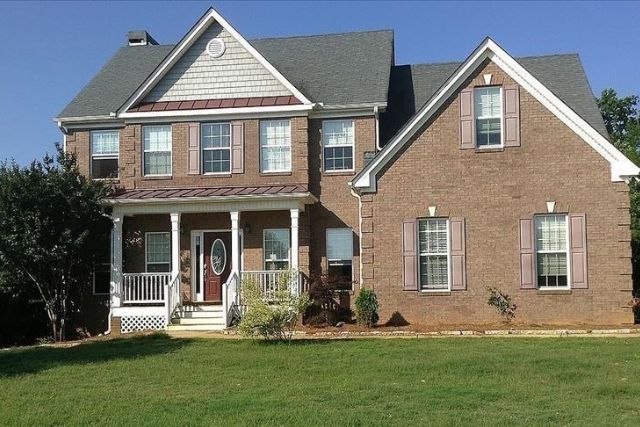Turkish surgeon opens little boy's fused eyelids
7-year-old Haci Ali Erduran was born with AEC syndrome which causes some chromosomal anomalies in body

ISTANBUL
A Turkish boy, who had fused eyelids condition due to a genetic disorder, now can see the world clearly after a successful operation.
Haci Ali Erduran, 7, was born with AEC syndrome and has undergone nine surgeries in various branches, mostly on eyes, since his birth.
The little boy is trying to overcome every difficulty with the help of his grandmother, who sees him as her own child after his parents separated.
Coming to Istanbul from southeastern Adiyaman, Erduran's last operation was conducted by Associate Professor Levent Akcay at Dunyagoz Hospital to open his eyelids, treat ectropion – a condition in which your eyelid turns outward –, and open tear duct.
Speaking to Anadolu Agency about Erduran's health condition, Akcay said the AEC syndrome is a very rare chromosomal disorder.
Patients with the syndrome are born with many problems such as fused eyelids, without tear ducts, cleft lip and palate, adherent fingers, he said, adding that there is no genetic treatment, but that the problems in the body are corrected one by one.
Akcay said little Erduran's eyes were in bad condition when he came to him after treatment of his cleft lip and palate at another health center.
“His eyelids were adherent and outward, and his tear duct was blocked,” he said.
His tear duct was also opened in two sessions; the first one with stitches and the last one with laser.
“We can now discharge the patient very well and happily,” he said.
Erduran to be checked twice a year
Akcay said tear duct blockage has a 5-10% possibility to reoccur, especially in children with chromosomal anomalies, and added: “But we will bring him back from his hometown every six months and re-arrange his treatment.”
Highlighting Turkey's strong technical infrastructure, he said such treatments can be done by many other oculoplastic surgeons in the country.
“What is important here is patience. Because this is not something that will end with one surgery,” he said, adding that they have been treating Erduran for a year.
Akcay noted that such congenital anomalies should be treated soon after birth.
Praising his grandmother's efforts to get Erduran treated, Akcay said: “She found us from Southeast Anatolia and brought him here. This isn't something that everybody can do.”
Yuksel Erduran, the little kid's grandmother, hoped that his ninth surgery would be the last one.
“His mother and father couldn't get along well. I'm looking after him,” she said.
“I see him like my own child,” she said, adding that little Erduran calls her “mother.”
“I feel proud when he calls me mother,” she said and added that she will be by his side as long as she can.
*Contributions and writing by Sena Guler in Ankara





